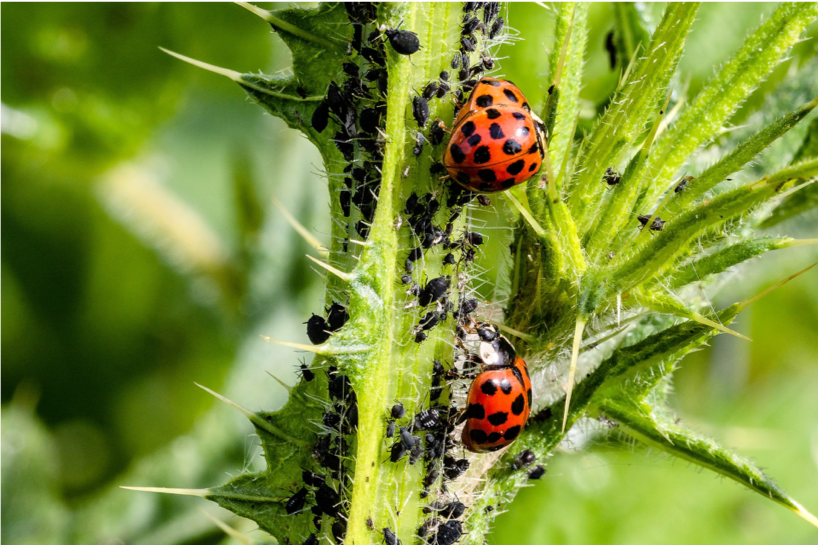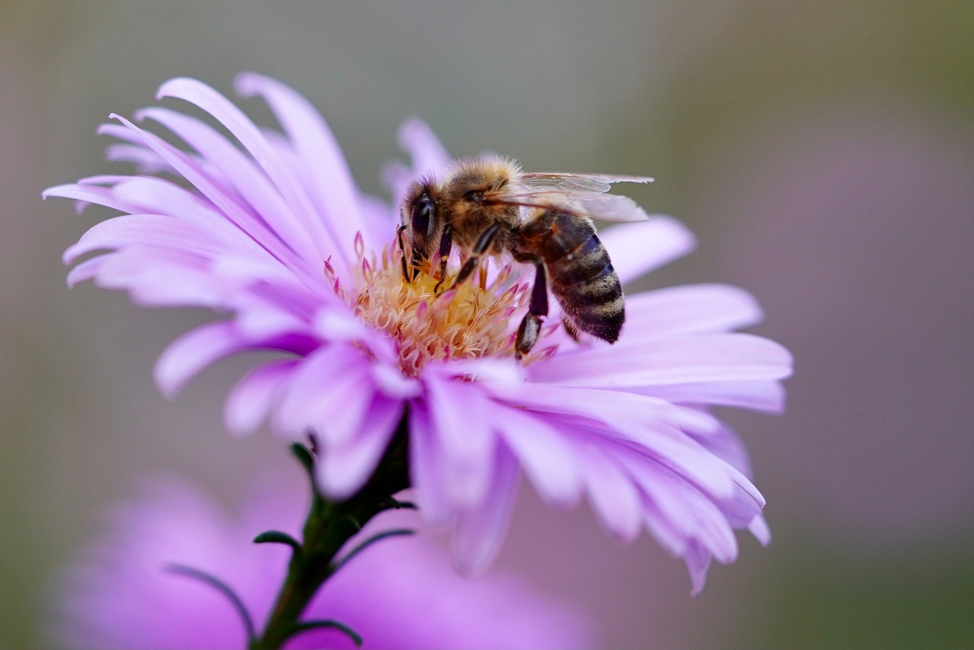Winter is usually a quiet time in the garden, with plant life dormant and most of the garden tools and machinery stored away until spring. But one thing that doesn’t let up during the colder months is the pests. And if you want to keep your garden in good order all year round, they’re something which will need your attention during the winter months.
In this blog post, we’ve teamed up with Lawnmowers Direct to bring you some top tips for garden pest control this winter.
Look out for the telltale signs of pests

Perhaps one of the most obvious pieces of advice is to look out for signs of pests. Every type of pest leaves its mark, whether that be rats or mice, moles or insects such as blackfly.
The chances are that if you see things like droppings, holes in the ground, deteriorating plant health and so on, then you could have a pest problem.
Keep your garden tidy

A tidy garden isn’t just more aesthetically
pleasing, it’s also a great way to reduce the risk of pest infestation.
Clutter, leaf and wood piles for shelter and accessible food are all things pests look for in a home. Keeping your garden as neat and tidy as possible will discourage pests from taking up residence.
Deterrents

Before you even have a pest problem, you can
do things to reduce the risks. In fact, there’s a lot of natural and chemical
deterrents you can use.
If you’re looking for natural pest control methods, try introducing a natural predator or known deterrent. For example, if you have a rodent problem, why not introduce a cat? If slugs are eating their way through your vegetable patch, growing sage is a great repellent.
There’s also lots of chemical options on the market, such as plant sprays and repellents which will not harm the plant itself but do prevent pests from invading.
Learn to work with nature

Sometimes, however hard we try, nature will do
what it wants to do. And when it comes to pest control, this can mean having to
work with nature rather than fight against it.
Although we see some things as ‘pests’, it’s important to note that they can actually have beneficial effects too. For example, while a bees nest in your shed might not be ideal, there’s positives to having bees live in your garden, like pollinating plants.
Get professional help
If all else fails and you have a full-on pest
infestation on your hands, the best thing to do is enlist the help of a pest
control specialist.
They will have the knowledge and skill to
identify the cause of the issues you’re having, identify the culprit pest if
you haven’t already done so, and advise on the safest and most humane way to
eradicate or manage the problem.
If you have a pest problem or want to take
proactive steps to ensure you don’t encounter one, these tips should help. For
more gardening advice, check out some of our other posts!
 Hedges Direct
Hedges Direct 



